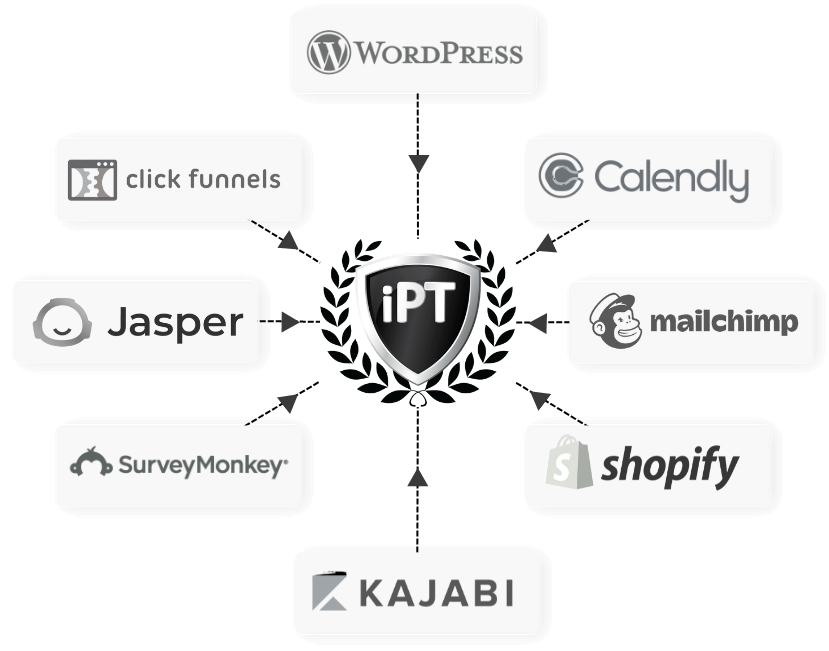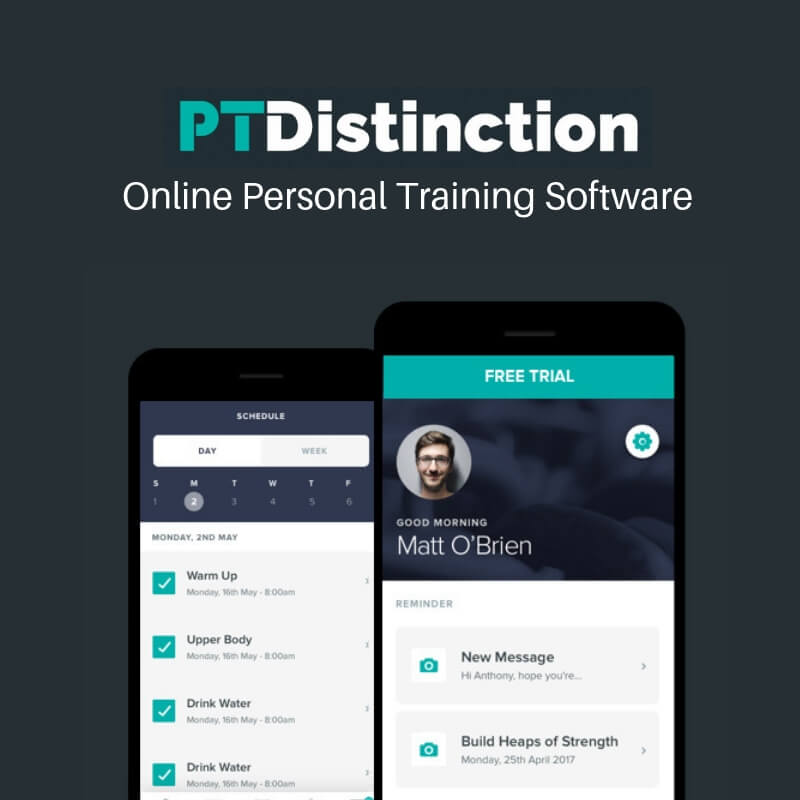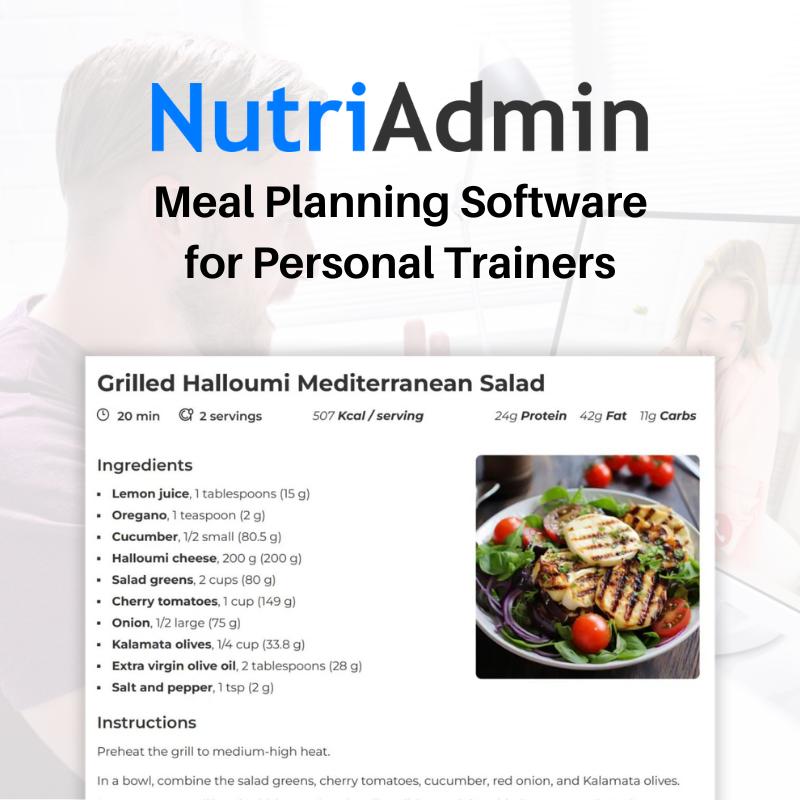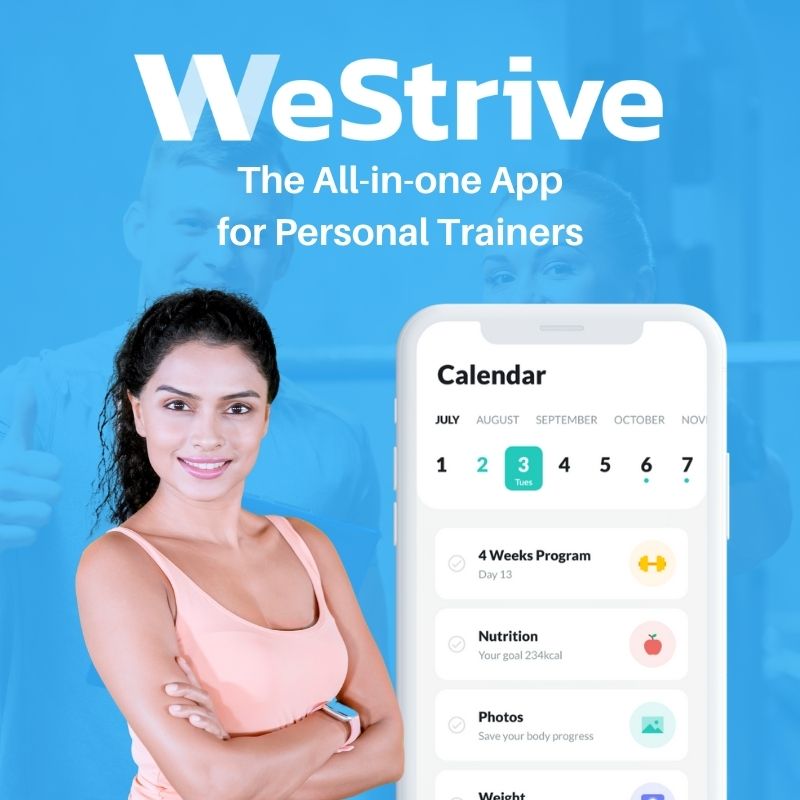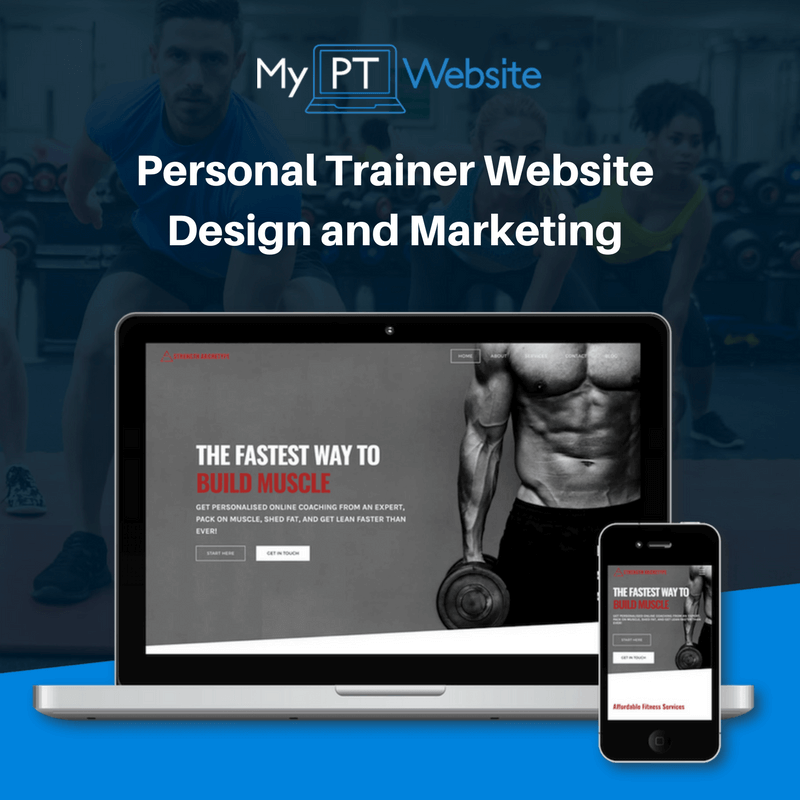How to Create a Buyer Persona |
Learn More About Buyer Personas
What You'll Learn
Millions of people use the internet every day. How can you make sure that the right ones find your site and like what they see when they get there? Buyer personas are fictional, generalised representations of your ideal clients and in the lesson you'll learn how to create one.
Why is This Important?
A good strong buyer persona will be the foundation from which you build all of your other marketing assets. It's the most important step for every well structured marketing campaign.
Millions of people use the internet every day. How can you make sure that the right ones find your site and like what they see when they get there? Buyer personas are fictional, generalised representations of your ideal clients and in the lesson you'll learn how to create one.
Why is This Important?
A good strong buyer persona will be the foundation from which you build all of your other marketing assets. It's the most important step for every well structured marketing campaign.
Step 1: Understanding Buyer Personas
Buyer personas are fictional, generalised representations of your ideal clients. They help you understand your clients (and prospective clients) better, and make it easier for you to tailor content to the specific needs, behaviors, and concerns of different groups of people.
Every business, fitness or not, needs a buyer persona because every business, including yours, is trying to reach someone.
The strongest buyer personas are based on market research as well as on insights you gather from your actual customer base (through surveys, interviews, etc.). Depending on your business, you could have as few as one or two personas, or as many as 10 or 20. (Note: If you’re new to personas, start small! You can always develop more personas later if needed.)
A buyer persona IS:
A buyer persona is NOT:
A buyer persona is not created to define an individual, they're designed to segment groups of people based on goals, motivation, demographic and other variables.
Using a buyer persona, you can identify where your ideal clients are hanging out online so that you can be there too with the types of content that they are interested in and work this into your fitness branding.
Every business, fitness or not, needs a buyer persona because every business, including yours, is trying to reach someone.
The strongest buyer personas are based on market research as well as on insights you gather from your actual customer base (through surveys, interviews, etc.). Depending on your business, you could have as few as one or two personas, or as many as 10 or 20. (Note: If you’re new to personas, start small! You can always develop more personas later if needed.)
A buyer persona IS:
- A semi fictional representation of your ideal client
- Based on real data
- Based on educated speculation
A buyer persona is NOT:
- A job title or role
- A target market
- Specific or real people
A buyer persona is not created to define an individual, they're designed to segment groups of people based on goals, motivation, demographic and other variables.
Using a buyer persona, you can identify where your ideal clients are hanging out online so that you can be there too with the types of content that they are interested in and work this into your fitness branding.
Step 2: Questions to Ask to Identify Your Buyer Persona
To build you buyer persona, you'll need to survey people who fit closely to your ideal clients. If you're just starting out, you might not have any clients so ask friends, family and colleagues who do fit your ideal clients the following questions.
Role:
Company:
Goals:
Challenges:
Watering Holes:
Personal Background:
Shopping Preferences
Role:
- What is your job role/role in life? Your title?
- What skills are required?
Company:
- What industry or industries do you work/is your role in?
- What is the size of your company (revenue, employees)?
Goals:
- What are your health and fitness goals?
- What would it mean to be successful with your goals?
Challenges:
- What are your biggest challenges?
Watering Holes:
- How do you learn about new information for your goal?
- What publications or blogs do you read?
- What associations and social networks do you belong?
Personal Background:
- Age, Family (married, children), Education
Shopping Preferences
- How do you prefer to interact with your trainer? (email, phone, in person)
- Do you use the internet to research vendors or products? If yes, how do you search for information?
Step 3: Research Your Buyer Personas
Buyer personas are created through research, surveys, and interviews of your target audience. That includes a mix of customers, prospects, and those outside of your contact database who might align with your target audience.
Here are some practical methods for gathering the information you need to develop personas:
Now that we understand the thinking of an ideal personal training client and how to gather more information about them, we can adapt our own thinking to decide on which buyer persona to target.
Besides providing accountability to your prospects you will also need to narrow your fields of expertise to be able to identify your buyer persona, so what YOU want to be an expert in?
For example, if you're selling your expertise, your niche will be dictated by what you are interested in. For example, you could be an expert in:
I'm just shooting ideas off of the top of my head here but I'm sure you know what YOU are interested in. That is the basis of a good niche.
Now, instead of your marketing materials saying:
Here are some practical methods for gathering the information you need to develop personas:
- Interview clients either in person or over the phone to discover what they like about your product or service.
- Look through your contacts database to uncover trends about how certain leads or clients find and consume your content.
- When creating forms to use on your website, use form fields that capture important personal information.
- Take into consideration your feedback on the leads you are interacting with most.
Now that we understand the thinking of an ideal personal training client and how to gather more information about them, we can adapt our own thinking to decide on which buyer persona to target.
Besides providing accountability to your prospects you will also need to narrow your fields of expertise to be able to identify your buyer persona, so what YOU want to be an expert in?
For example, if you're selling your expertise, your niche will be dictated by what you are interested in. For example, you could be an expert in:
- Bodybuilding preparation
- Over 50's training
- Hardgainers
- Diabetes, heart disease and other illnesses
- Office workers
I'm just shooting ideas off of the top of my head here but I'm sure you know what YOU are interested in. That is the basis of a good niche.
Now, instead of your marketing materials saying:
"I'm an online personal trainer.
They'll say
"I'm an online bodybuilding prep coach.
If you're looking for a bodybuilding prep coach, who would you hire? A personal trainer, or a bodybuilding prep coach? It's a no brainer, right?
While it’s very possible to start an personal training business with a generic buyer persona, marketing to that group of people is much more difficult. This is where choosing a demographic to work with comes in to play.
If you've already chosen what you want to be the expert in, then choosing a demographic shouldn't be hard. For example, if your buyer persona is bodybuilding prep, your demographic could be:
- 30-40 year old
- Semi professional
- Females
- Full time job
- Short on time
Now your marketing message looks like this:
"I'm an online bodybuilding prep coach for over 30's semi professional female bodybuilders who are short on time due to work and family commitments
Now things are starting to take shape. With a buyer persona, you can tailor your marketing message to a specific group of people with very specific problems.
Because the problems of new mothers differ to the problems of a 25 year old bodybuilder.
Your Buyer Persona
Using the information from the exercise above, answer the questions to learn more about your ideal clients so that you can tailor your marketing message to them.
- What is their job role/role in life? Their title?
- What skills are required?
- What industry or industries do work in?
- What is the size of their company (revenue, employees)?
- What are their health and fitness goals?
- What would it mean from them to be successful with their goals?
- What are their biggest challenges?
- How do they learn about new information for their goal?
- What celebrities or blogs do they read and follow?
- What associations and social networks do they belong?
- Age, Family (married, children), Education?
- How do they prefer to interact with their trainer? (email, phone, in person)
- Do they use the Internet to research services or products? If yes, how do they search for information?

